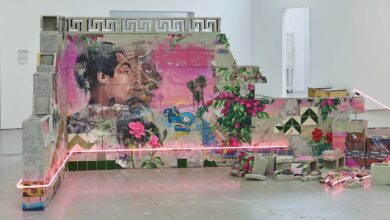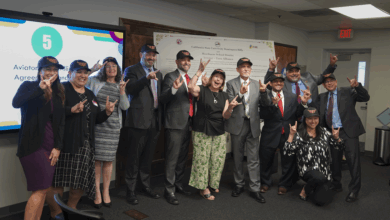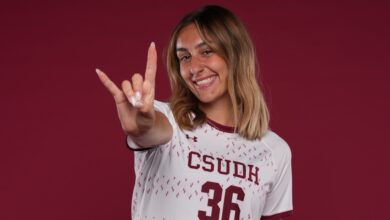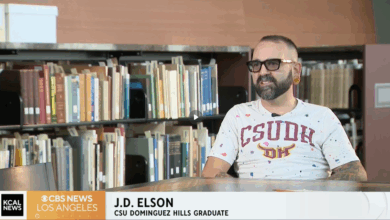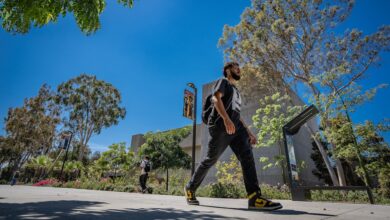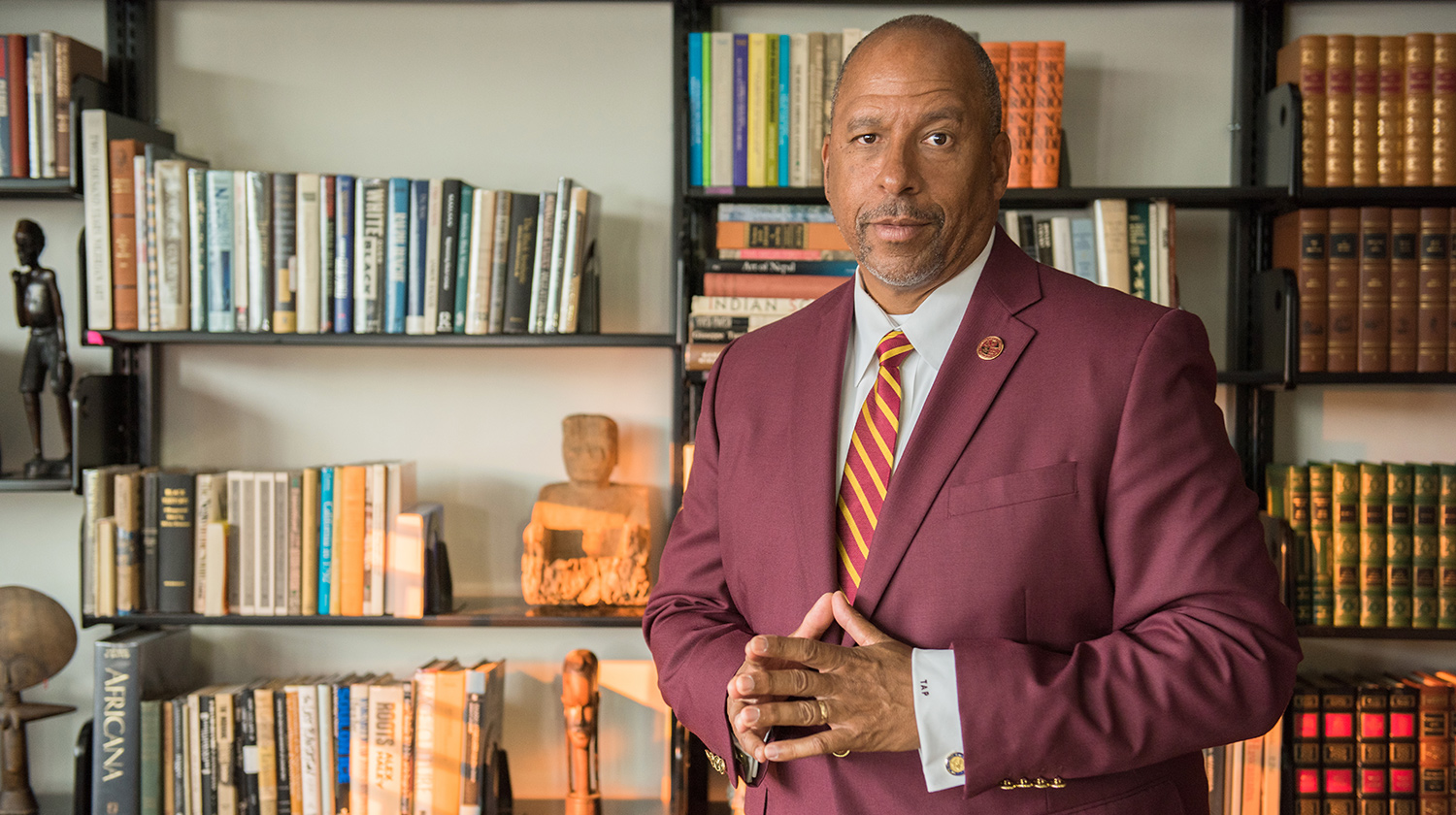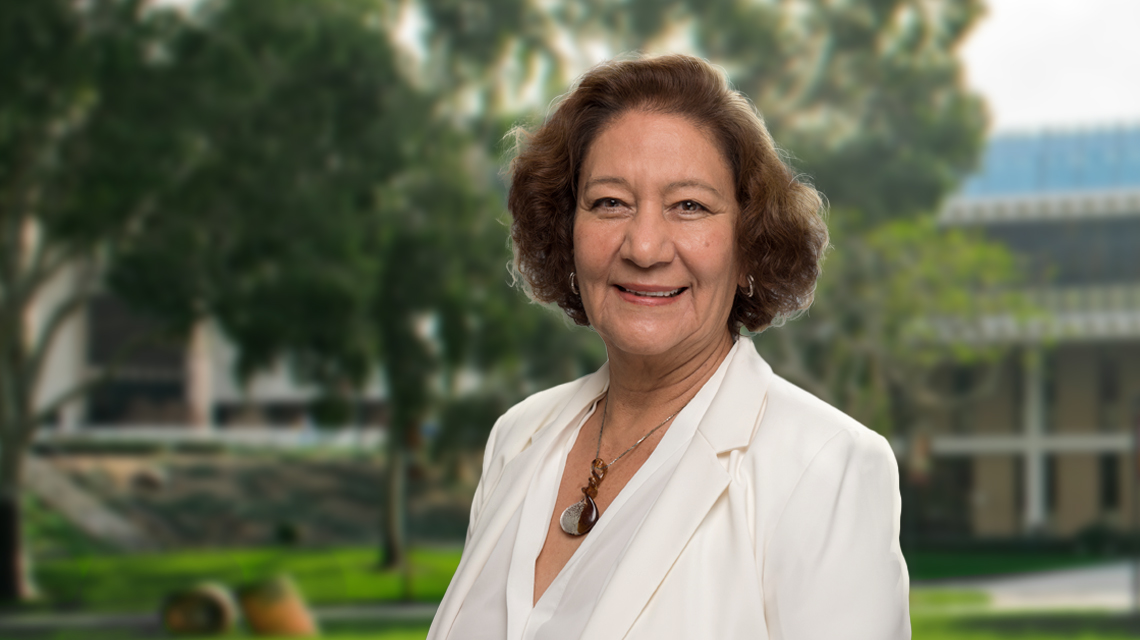
(Carson, Ca.) Maria Avila, associate professor of Social Work at California State University, Dominguez Hills (CSUDH), has received a Fulbright Specialist Program award to teach pedagogical skills at the Universidad Francisco de Paula Santander in Cúcuta, Colombia. Her three-week appointment begins May 31.
Fulbright Specialist award recipients are selected based on their academic and professional achievement, leadership in their field, and their potential to foster long-term cooperation between institutions in the U.S. and abroad.
Avila began teaching at CSUDH in 2014 in the Department of Social Work. Her research focuses on creating change in and outside of higher education through civic engagement and community organizing. She has worked with faculty at various institutions and in many capacities, including workshop facilitation, within faculty learning communities, and on collaborative research-in-action projects.
Avila’s teaching is participatory and student-learning centered, and it includes community-based pedagogy and creative expression. Her work also examines the larger context of the role of higher education in democratic societies, particularly through teaching and research. Avila earned a Ph.D. in Adult and Community Education from Maynooth University, Ireland.
Maria Avila’s publications include “Transformative Civic Engagement through Community Organizing” (2017), and a forthcoming book, “Culture change: Story-telling, organizing, and collaborative leadership” (Cornell Press).
Participants in the Fulbright Specialist Program exchange knowledge and establish partnerships internationally through a variety of educational and training activities. In Colombia, Avila will be sharing her teaching skills and techniques with educators in the university’s electronic engineering program through workshops and individual coaching. Activities will include revising existing syllabi, sharing learner-centered pedagogy, preparing rubrics, and effective learning outcomes.
“During our first zoom meeting, my colleagues from the hosting institution said that they had selected me because of my background of working with faculty, as well as my pedagogical approaches, and the fact that I am bilingual and bicultural,” said Avila, who grew up in Mexico. “What was also interesting is that they found my academic discipline being different from electronic engineering to be an asset because I will be able to offer an outsider, disciplinary perspective.”
Avila’s Colombian colleagues also expressed that many of their faculty members come to the classroom with the knowledge of their academic disciplines, but are often unsure how to teach or interact with students.
“I am looking forward to learning about the culture and learning about their approaches to teaching, and to the opportunity to work in Latin America. It also feels good to know that I will be sharing my scholarship with them, and that I will be bringing what I learn from the experience back to our university,” Avila said.
The Fulbright Program is an international educational exchange program sponsored by the U.S. government that builds lasting connections with people in more than 160 countries. Since 1946, more than 400,000 people have helped find solutions to shared international concerns through the program.
“This is exciting, but it will be a bit of a challenge, too. I have not worked in Latin America in a long time. So, I’m beefing up on my language skills,” said Avila, who started college in Mexico and later worked professionally as a social worker before coming to the U.S.
“I am bilingual, but in the United States I don’t use formal Spanish,” she added. “When I met with my Colombian colleagues, I said ‘I hope you’re going to be patient with me when I’m looking up at the ceiling in the classroom searching for the right word.’ They just laughed.”



